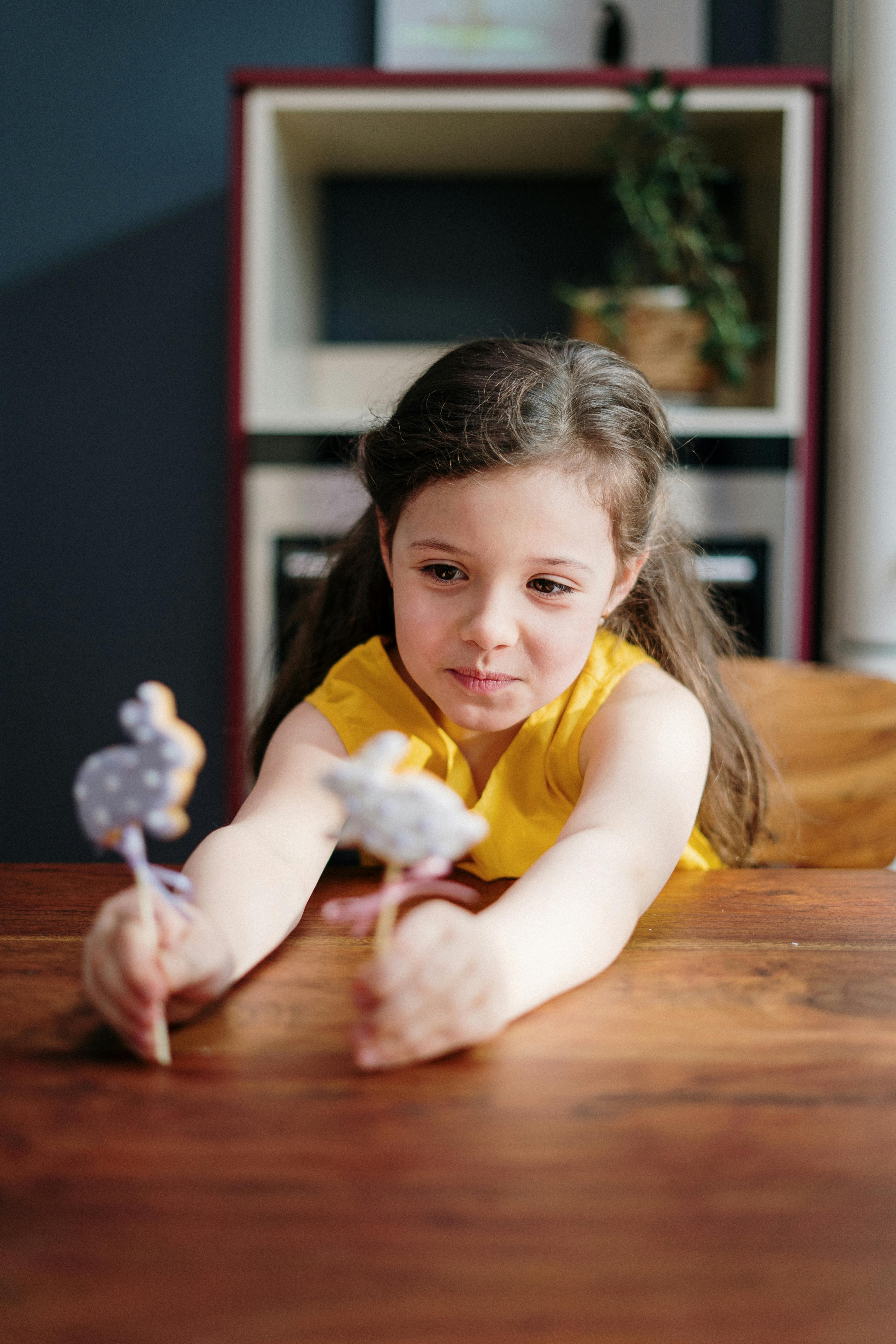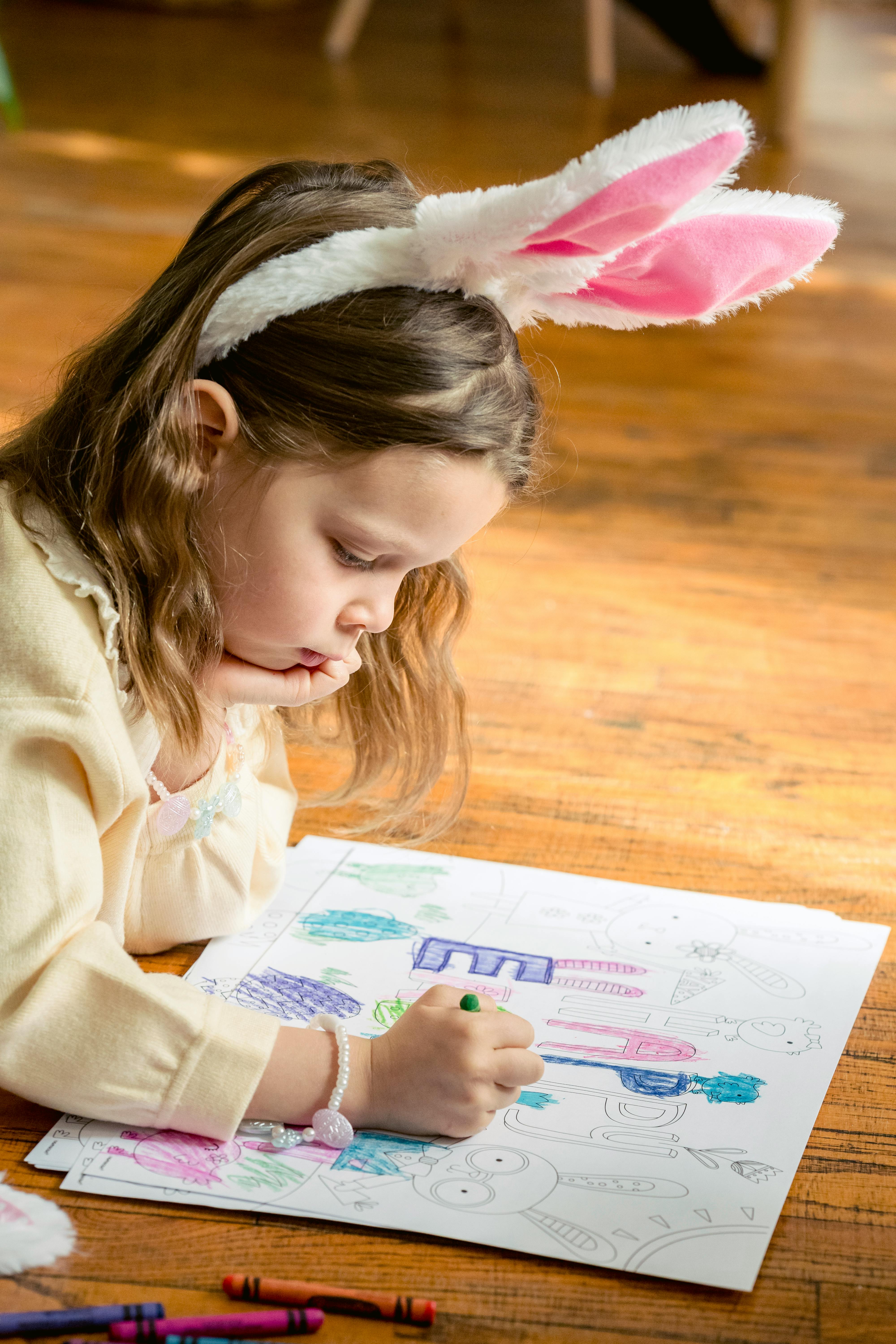Apply Now
Smart Ways to Use a Rabbit Pregnancy Test in 2025
Understanding Rabbit Pregnancy
Pregnancy in rabbits, or gestation, is a crucial phase that requires attention and care. Knowing how to recognize rabbit pregnancy symptoms is essential for rabbit owners, particularly those involved in rabbit breeding. This article delves into using a rabbit pregnancy test effectively, while also showcasing how to care for pregnant rabbits throughout their gestation period. With the right understanding of rabbit pregnancy, pet owners can ensure a healthy and safe environment for both the mother and her kits.
The rabbit gestation period typically lasts between 28 to 32 days. During this time, rabbit owners should be vigilant for signs of pregnancy and monitor their rabbit's health closely. Recognizing early pregnancy symptoms, managing stress factors, and ensuring proper nutrition can significantly enhance the overall experience of breeding rabbits. It’s important to use the best practices for rabbit breeding to ensure both the health of the mother and the successful delivery of her kits.
This guide will explain how to tell if your rabbit is pregnant using a pregnancy test, what to expect during the rabbit pregnancy stages, and how to prepare for the arrival of rabbit babies. We will also discuss the complexities of rabbit breeding and management, including monitoring health issues in pregnant rabbits and how to provide support during labor.
The Importance of a Rabbit Pregnancy Test
Utilizing a rabbit pregnancy test can greatly enhance how owners manage the rabbit breeding cycle. There are a few common techniques to confirm pregnancy in rabbits, including observing behavioral patterns and employing a rabbit pregnancy kit. Tests are designed to detect specific hormones produced during pregnancy, giving pet owners peace of mind when tracking rabbit gestational age.
A rabbit pregnancy test is beneficial not only for confirming pregnancy but also for understanding the timeline of the rabbit pregnancy duration. Knowing how to interpret the results can lead to better preparation for the upcoming rabbit kittens. If you're interested in the specifics of rabbit pregnancy detection methods, exploring the rabbit breeding chart can also serve as a useful tool.
Additionally, recognizing potential complications in rabbit pregnancy and adopting preventive measures—such as providing a comfortable environment for the does—can assist in navigating this significant period smoothly.
Recognizing Signs of Rabbit Pregnancy
Identifying the signs of rabbit pregnancy can seem daunting for new rabbit owners. However, understanding the early symptoms such as behavioral changes can be quite straightforward. Look for signs of nesting behavior, which indicates that a doe is preparing for the arrival of her kits. Another critical factor is monitoring a pregnant rabbit’s appetite. Frequent changes in eating habits may suggest pregnancy, while increased rest and nesting activity can indicate that labor is approaching.
Conducting a physical health check at this stage is essential. Signs such as weight gain, changes in body shape, and heightened receptiveness to the environment might all be indicative of rabbit pregnancy. Understanding rabbit pregnancy hormones can also provide insights into changes occurring during gestation.
There are various resources available regarding common rabbit pregnancy myths that can cause confusion among owners. By dispelling these myths, rabbit caretakers can focus on effectively managing their pets' health during this sensitive time.
Using Rabbit Pregnancy Kits Effectively
When considering how to use a rabbit pregnancy kit, it is paramount to follow the instructions closely to ensure accurate results. These kits are primarily designed to detect specific hormones in a rabbit's urine, which can signal a successful mating. The right timing is crucial when administering the test; testing too early can yield a false negative.
Introduce the use of a rabbit gestation calculator to simplify the timing of your pregnancy checks. By tracking the rabbit's mating behavior and using the calculator alongside your test results, you can develop a more comprehensive understanding of the expected birthing timeline.
Taking note of health issues in pregnant rabbits at this stage is also vital. If the test indicates pregnancy, it’s important to monitor the doe for any significant health concerns and ensure she receives the best prenatal care possible leading up to labor.
Caring for Pregnant Rabbits: Nutrition and Housing
Once pregnancy has been confirmed, caring for the pregnant rabbit becomes paramount. A focused rabbit pregnancy diet is essential during this time; providing a balanced intake of vitamins and minerals will contribute to the health of both the mother and her kits. This diet can include high-quality hay, fresh greens, and specially formulated rabbit food that meets the nutritional needs of pregnant rabbits.
Creating a safe and comfortable environment is just as important. Establish a proper nesting box where the doe can feel secure during labor. Different rabbit nesting boxes are available, but it’s often beneficial to provide extra bedding material for her to build a nest. Observing pregnant rabbits closely will reveal when they are preparing for the birthing process, which typically occurs in the late evening or early morning.
Stress factors can also significantly influence rabbit reproductive health. Make changes to ensure that the pregnant doe has minimal exposure to loud noises or excessive handling, which can lead to complications in pregnancy.
Monitoring Rabbit Pregnancy Symptoms
Signs of Distress and Complications
Monitoring a rabbit's behavior during pregnancy is crucial. Owners must be aware of signs of distress in pregnant rabbits, including excessive grooming or sudden changes in attitude. Early intervention can prevent complications during the birthing process.
Engaging with a veterinarian can provide expert recommendations on potential health risks during pregnancy and what to look out for before labor. If unusual symptoms arise, such as lack of appetite or lethargy, seeking veterinary assistance is advised to ensure proper rabbit health care. Monitoring health during pregnancy includes regular weight checks and noting any remarkable behavioral changes.
Common rabbit pregnancy complications, such as false pregnancies or preterm labor, can occur without warning. Therefore, understanding these challenges and being prepared can significantly alleviate stress for both the caregiver and the rabbit. This awareness also helps in distinguishing between typical pregnancy symptoms and those that may indicate a health issue requiring intervention.
Preparing for the Rabbit Birthing Process
Adequately preparing for the rabbit birthing process is essential for a smooth transition to parenthood for the doe. This preparation involves not only setting up a nesting area but also having essential supplies ready, such as clean bedding, tools for monitoring the doe and her kits, and ensuring proper food and hydration are readily available.
Understanding rabbit birthing signs like digging, restlessness, or fur pulling is critical in anticipating labor. It’s also advisable to familiarize yourself with the process and ensure a calm environment to help the doe feel secure.
During labor, being supportive is crucial. Offering a gentle presence and monitoring for any potential complications can help ensure a safe delivery. Encouraging bonding through gentle handling of the kits post-birthing will promote healthy development and socialization.
Preparation and care can greatly enhance the bun’s experience during and after pregnancy.
Common Questions about Rabbit Pregnancy
What Should I Do If My Rabbit is Pregnant?
Upon confirmation of pregnancy, focus on modifying her diet for optimal rabbit pregnancy nutrition, as well as providing her with a secure and comfortable nesting area. This approach significantly aids the well-being of the doe and her kits during the crucial gestation period.
How Long is a Rabbit's Gestation Period?
Typically, the rabbit gestation period lasts about 28 to 32 days. It's critical to stay observant during this time to prepare for the arrival of the kits.
What are the Signs of Rabbit Pregnancy?
Common signs include weight gain, changes in appetite, and increased nesting behavior. If unsure, utilize a rabbit pregnancy kit to get an accurate confirmation.
How Can I Care for Newborn Rabbits?
Caring for newborn rabbits involves ensuring they stay warm, are properly fed, and monitored for signs of distress. Familiarizing yourself with rabbit care books or resources about rabbit baby care can provide more detailed information.
When Should I Contact a Vet for My Pregnant Rabbit?
If you notice unusual behavior or signs of distress, or if she shows complications during labor, seek veterinary care promptly to avoid serious health issues.




